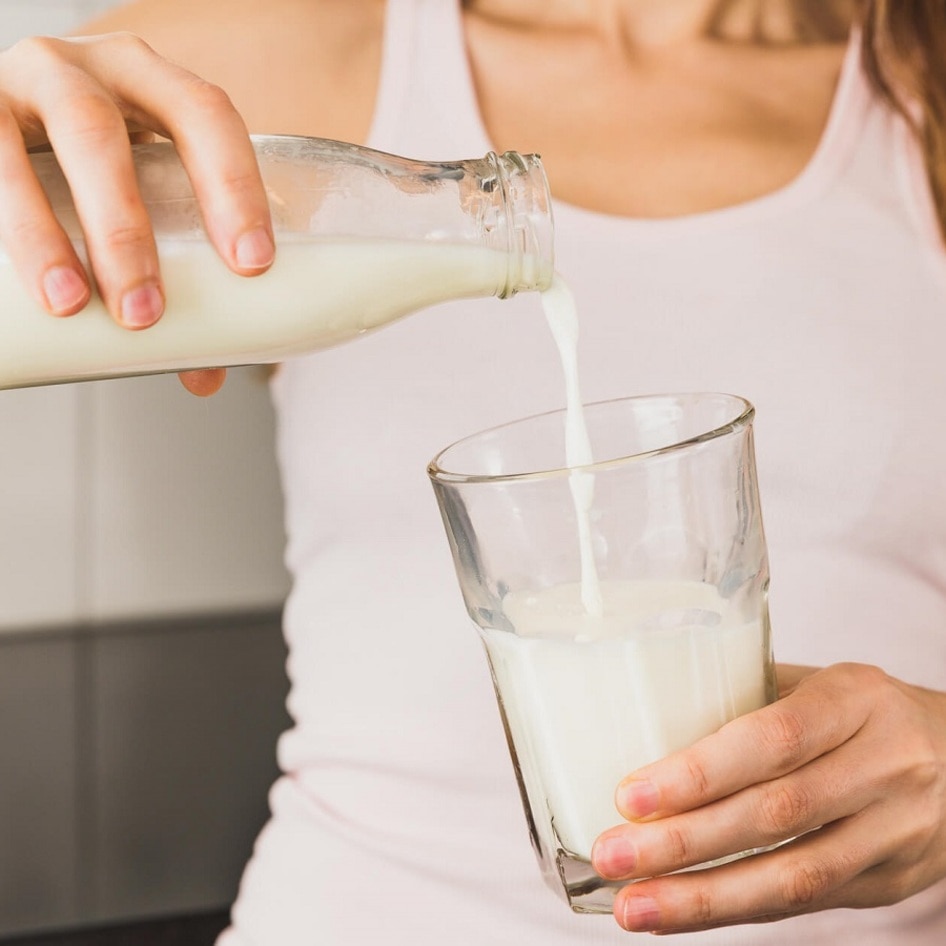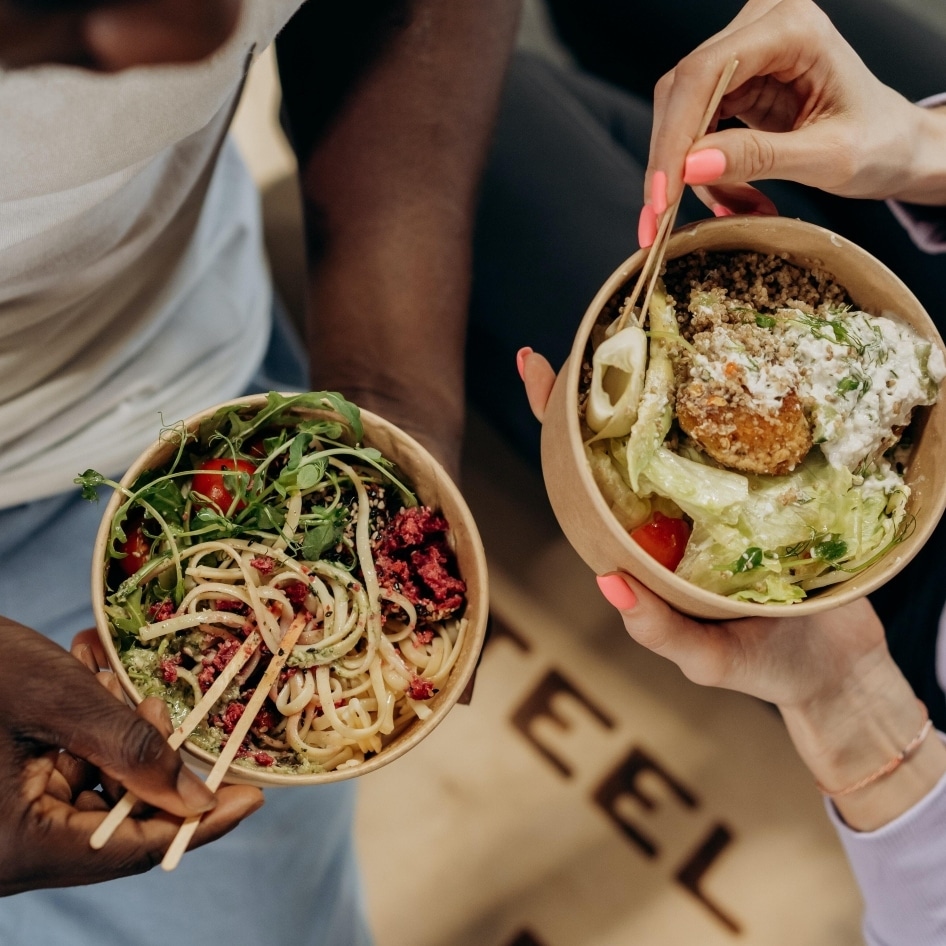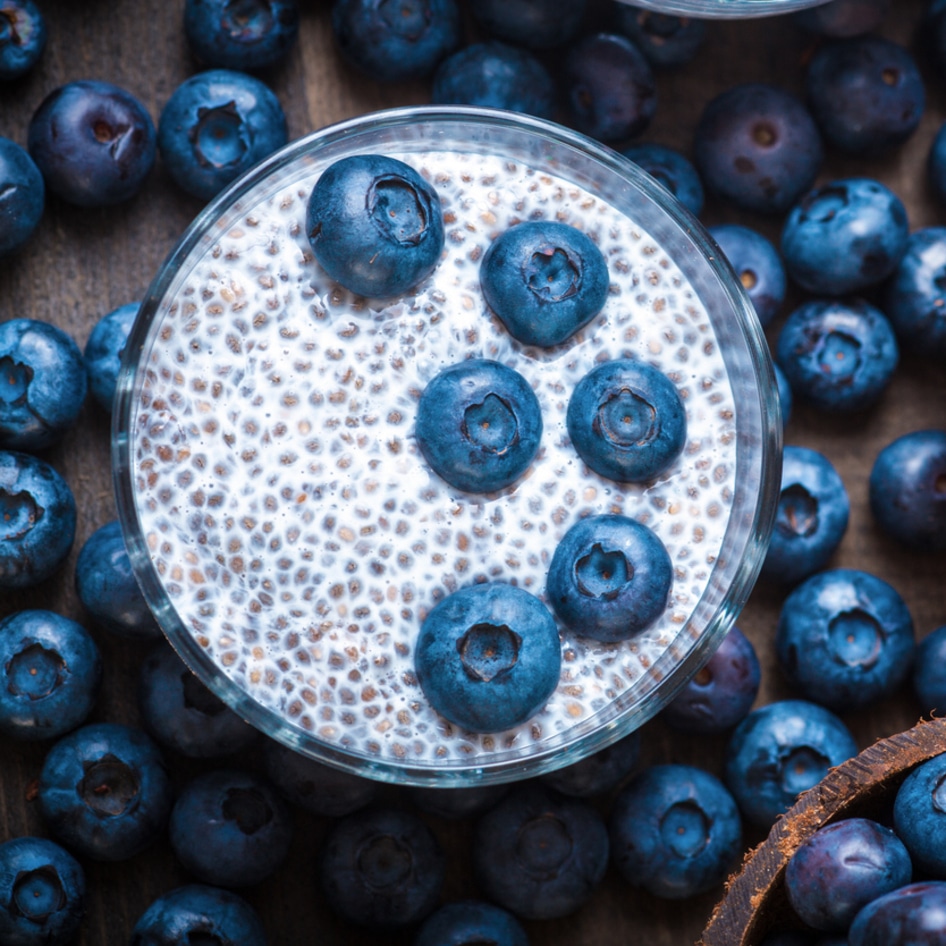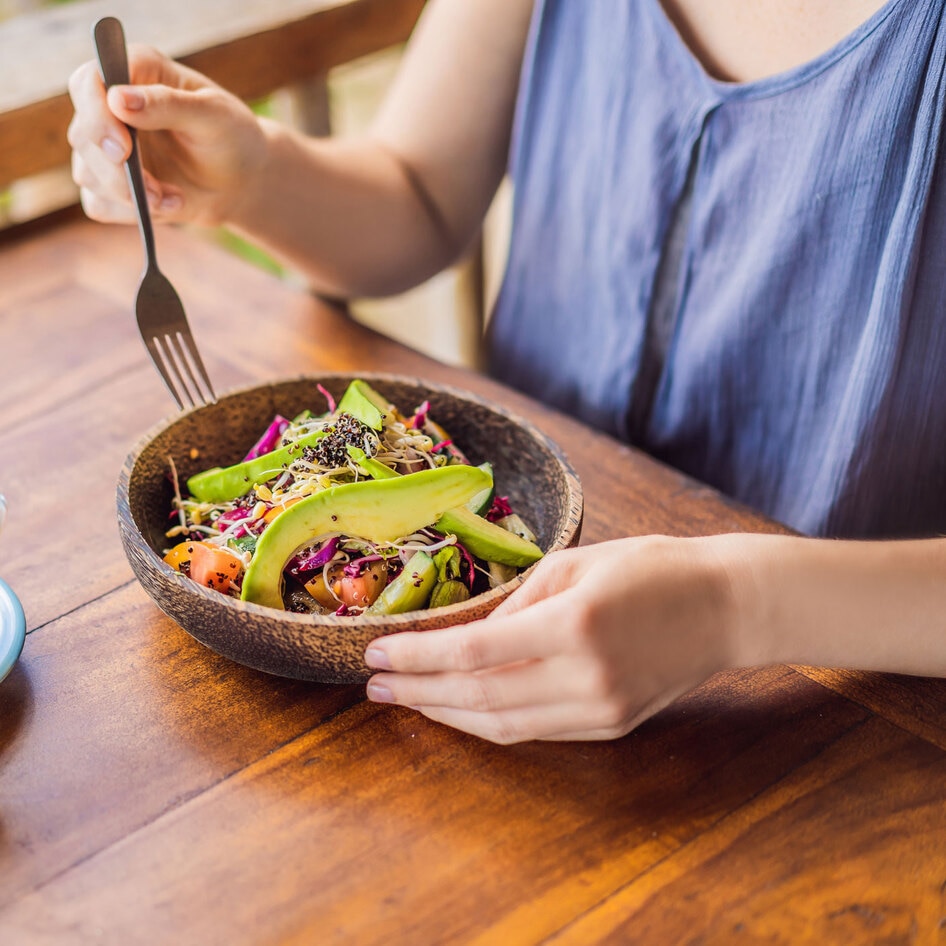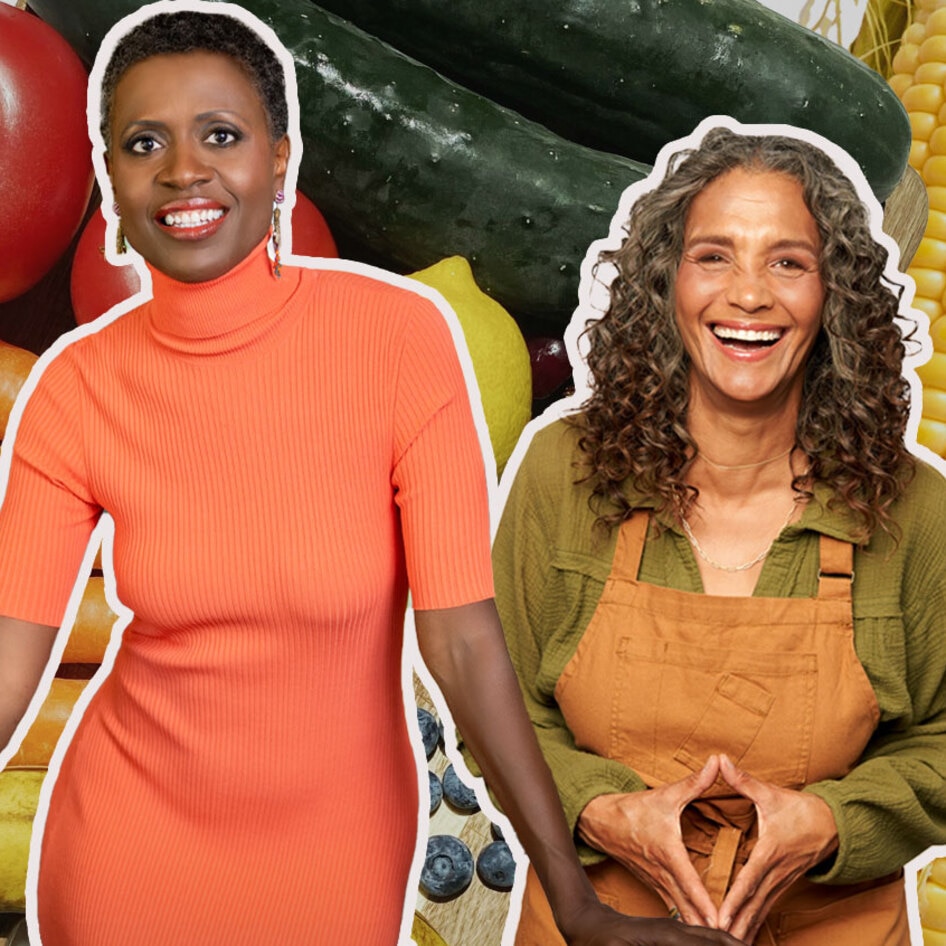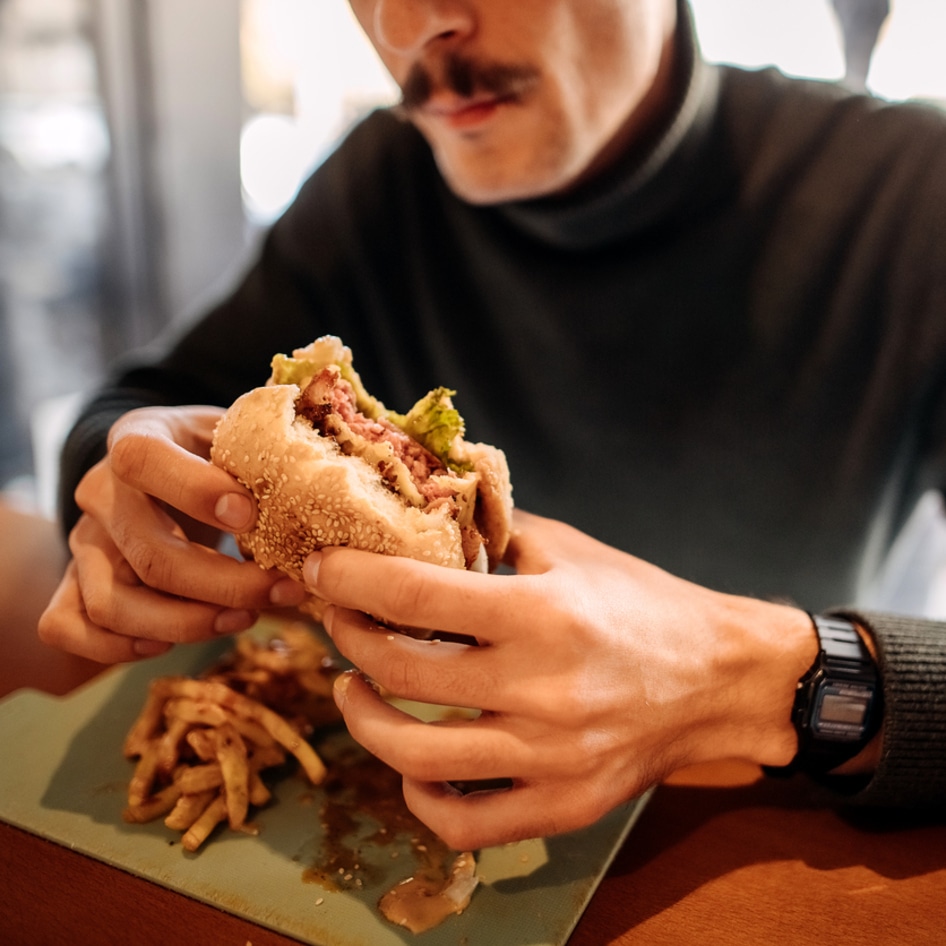Opting for a vegan lifestyle exemplifies an essential aspect of human life: choice. By choosing what we eat and wear, we bring attention and intelligence to our lives, while practicing mindfulness. If a person professes to be peaceful, to love life, and to love animals, there is only one choice, and that choice is going vegan. I became plant-based after two decades of being an ovo-lacto vegetarian. I didn’t eat animals because I would not kill them for myself or family, and I could not ask someone to do something I would not do myself. I believed that products from animals, if purchased carefully, were an ethical choice and that I was not adding to animals’ suffering. But I was wrong. I am not preaching; rather, I am seeking what I believe to be a compassionate lifestyle. Adopting a cruelty-free diet is life-changing—not just animal-life affirming. Since going vegan, I’ve found more reasons why this lifestyle works for me. Here are are my six best reasons why you (and the planet) benefit from a whole-food, plant-based lifestyle.
1. You can run faster (or, at least, more comfortably)
The Tarahumara Indians of central Mexico subsist on a diet consisting mostly of pinto beans. They love to run, and their races last a day or more. Furthermore, in 2005, Scott Jurek won the 135-mile Badwater Ultra-marathon in a record 24 hours, 36 minutes, and eight seconds. Most remarkably, he had just won the Western States 100 two weeks prior. Jurek’s muscles were able to recover due to his plant-based diet consisting of whole foods‚ vegetables, grains, and legumes. He notes that among other foods, he includes a quinoa and adzuki bean spread, hummus, Kamut flakes, and almond butter.
2. You can eat more
Ten percent of people who consume at least 3,000 calories a day on a vegan diet become overweight or obese. This number rises to 67 percent for those who consume 2,200 daily calories on a meat-centric diet.
3. You reduce the possibility of breast and ovarian cancers
Meat-based, high-fat diets are associated with early onset of menarche, which has been associated with a higher risk of breast cancer. Western women have approximately three times higher exposure to estrogen compared to women on plant-based diets, which is bad because estrogen exposure is directly related to breast and ovarian cancers.
4. You might live longer
A study titled “The causes of cancer: quantitative estimates of avoidable risks of cancer in the United States today” in the Journal of the National Cancer Institute found that external factors (the most important of which is diet) cause the vast majority of cancers, while only three percent of all cancers are attributed to genes. According to T. Colin Campbell in The China Study, women who have the mutated genes associated with a high risk for breast and ovarian cancers do not necessarily have a death sentence. Those who consume a vegan diet have lower estrogen levels and are protected against the expression of these genes.
5. You’ll reduce pollution from factory farming
A 60,000 chicken egg-factory produces 82 tons of manure per week, while 2,000 pigs generate 27 tons of manure and 32 tons of urine during that same period. In addition, animals raised for consumption in the US alone produce 10 times more manure than the earth’s entire human population produces—2 billion tons. Much of this waste is washed into rivers. A 2006 study at the University of Chicago concluded that “a person consuming a mixed diet with the mean American caloric content causes the emissions of 1485 kg CO2-equivalent above the emissions associated with consuming the same number of calories, but from plant sources.” The study also notes that “far from trivial, nationally this difference amounts to over 6 percent of the total US greenhouse gas emissions.”
6. You won’t tolerate violence
Meat-eating is predicated on a nasty secret: someone has to kill for us. Most of us would rather not acknowledge the pain we cause directly or indirectly, and so begins a process of denial. In the US, more than 10 billion animals are killed every year for food and fur. This number does not include fish. Fishing not only kills the target fish but is also responsible for the death and injury of millions of non-target sealife caught in the nets, while drag netting also destroys coral reefs. Farm fishing generally pollutes our waters and endangers indigenous species.
Jeff Stanford and his wife Joan own and operate the Stanford Inn by the Sea and are co-authors of Dining at the Ravens: Over 150 Nourishing Vegan Recipes from the Stanford Inn by the Sea.
JUMP TO ... Latest News | Recipes | Guides | Health | Shop

